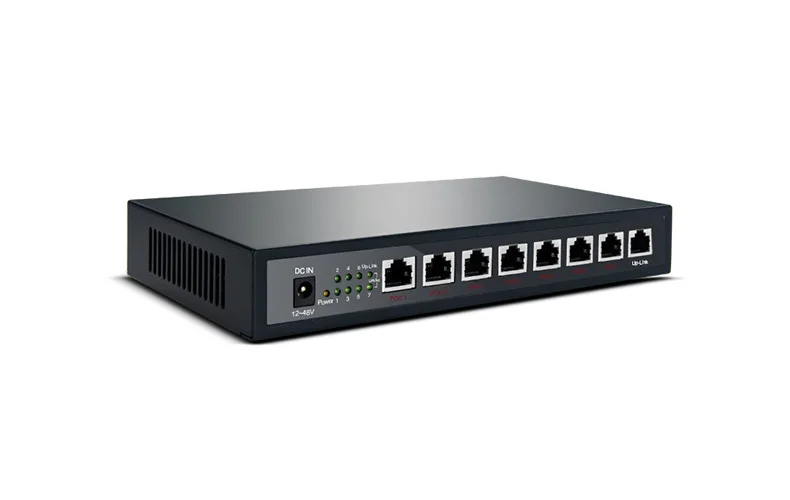Your IP address provides you an identity to a networked device on the internet. This is the equivalent to a home/business location that gives you a physical address.

One common way for your IP address to be compromised is by being victim to an IP logger. The logger records your IP address in which it’s visible to whoever is behind the logger. This compromise increases the extreme risk of malware, DDoS attacks, doxxing or swatting, all which are harmful and will negatively affect the victim.
Swatting is a criminal harassment tactic of deceiving an emergency service (via such means as hoaxing an emergency services dispatcher) into sending a police and emergency service response team to another person's address. This is triggered by false reporting of a serious law enforcement emergency, such as a bomb threat, murder, hostage situation, or other alleged incident.

VPNS (Virtual Private Networks) conceals your IP address when browsing the web. This is currently the most effective course of action to protect yourself. Another minimal way is to monitor what you say and post online to minimize the potential of doxxing.

